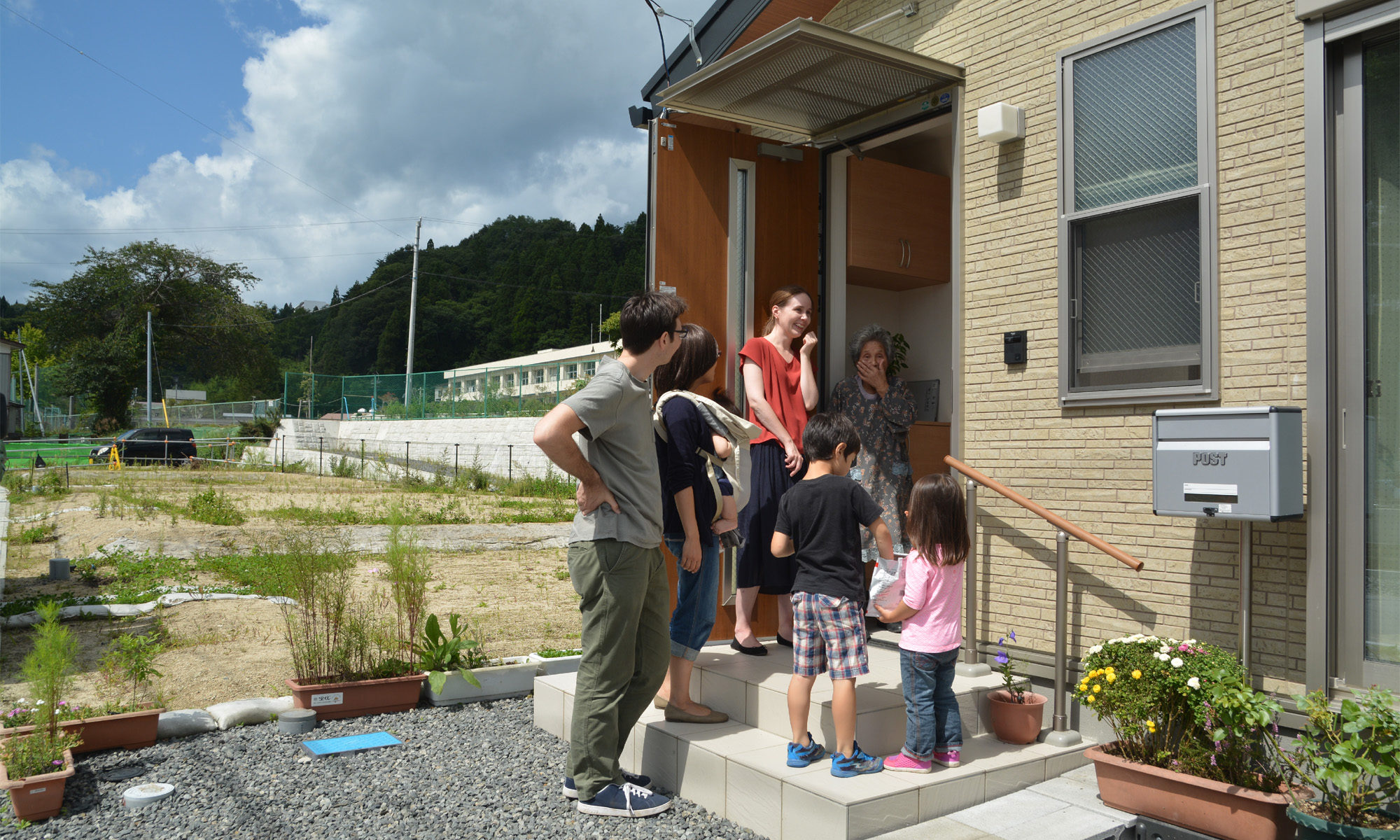In order for the message of salvation to spread to every corner of Japan, a Church planting movement needs to be started. Churches must be started which have at their core an understanding of their responsibility to bring others to salvation and make disciples of Christ. These churches must be counter-cultural, willing to challenge cultural norms and comforts which do not align with the Gospel. Yet at the same time they must be distinctly Japanese, redeeming and embracing elements of Japanese culture which do not conflict with the Gospel. I believe that once this is accomplished we will see an indigenous Japanese church rise up to take the gospel to every corner of Japan, and beyond.
From the earliest stages of church planting, new Japanese churches need to be instilled with a heart for the millions of lost around them, and a vision to see God work through them to fulfill the great commission in Japan. Most Japanese churches currently lack this vision. They are focused inwardly on the care of their own members and their own personal spiritual growth. These areas are vital, and cannot be overlooked, however as long as this inward focus remains the exclusive or primary mission of the church, then Japan will never be reached with the salvation of Christ.
Part of the reason that the Japanese church remains inwardly focused, is that it is cultural to be so. It goes against Japanese culture to share personal religious beliefs with other people who don’t hold them. It goes against Japanese culture to reveal areas where you are different form the rest of society. Essentially evangelism itself goes against Japanese culture. But the problem also extends to discipleship. It goes against Japanese culture to be open about ones faults, or to confront others about their faults. In Japanese culture religion is typically prioritized after career and family, and practiced with the same mentality as a hobby. In a society that is significantly busier than America, little time remains to attend Bible Studies, or for many to even attend a Sunday service. A realignment needs to occur whenever someone in Japan comes to Christ; a practical realignment which reflects the recognition that Christ supersedes family, career, and even culture, that He is over all these, that He redefines and redeems them.
Yet we cannot go and start Western churches in Japan. To do so is both ineffective and dishonoring. In order for the church to grow and thrive in Japan, it must be distinctly Japanese, embracing Japan’s rich cultural traditions and art forms, redeeming them to bring praise to God. God does not want Japanese Christians to stop being Japanese. He wants them to glorify Him in a Japanese way. God is most honored and glorified when every culture on the planet takes their arts which they have been refining and perfecting for thousands of years, and turns them towards Him in order to express their delight in Him. I believe God enjoys the vast variety of multicultural praises that are turned towards Him, and that these will be preserved and perfected throughout all eternity. Japanese churches need to be started which are instantly recognizable as both culturally Japanese, and at the same time living the radically counter cultural Christian life that is distinct in every country where Christianity thrives.
The goal is to start a Japanese movement, one which is led by Japanese churches and ministers who are energized and motivated to move to new areas of Japan and plant new churches, to share the hope of salvation with non-believers and develop intimate Christ honoring relationships with believers. As a missionary, I believe God has called me to be a part of starting such a movement. I am excited at the prospect of being called to start these distinctly Christian, counter-cultural, Japanese churches, to disciple and train Japanese lay people and ministers, to build up the church in maturity and equip it for the great work of ministry that lies ahead. My sincere prayer and hope is that the church in Japan will grow and expand, and that the message of Hope in Christ will reach every lonely, broken and longing soul in Japan.
